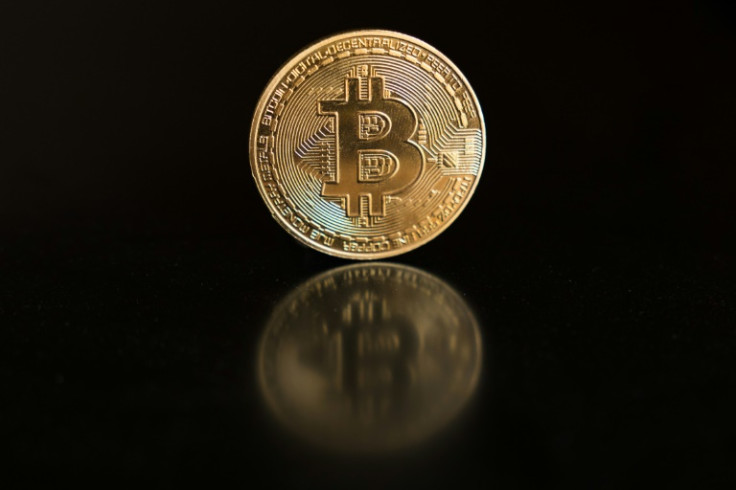
A group of Republican lawmakers in Washington is pushing to create a U.S. Bitcoin Strategic Reserve, a groundbreaking proposal that would see the federal government accumulate up to one million bitcoins over the next five years as a strategic financial asset. The effort, framed as a "digital Fort Knox," represents the most ambitious attempt yet to embed cryptocurrency into America's national reserves.
According to Investor's Business Daily (IBD), the proposal was the centerpiece of a closed-door roundtable held in Washington, D.C., on September 16, convened by Senator Cynthia Lummis (R-WY) and Representative Nick Begich (R-AK). The event brought together lawmakers, policy staff, and major industry figures including Michael Saylor, executive chairman of MicroStrategy (recently rebranded as StrategyMSTR), and Fred Thiel, CEO of mining firm Marathon Digital Holdings. The participants discussed draft language for what they are calling the Bitcoin Strategic Reserve Act, which would instruct the U.S. Treasury to gradually purchase and hold Bitcoin as a reserve asset similar to gold.
IBD reported that supporters believe holding Bitcoin could enhance U.S. monetary resilience by providing a non-sovereign reserve asset insulated from the inflation and geopolitical risks tied to fiat currencies. Saylor argued at the meeting that "Bitcoin is digital property — incorruptible, scarce, and the ideal base layer for a 21st-century reserve," according to people present.
As reported by CoinDesk, the concept builds on groundwork laid by a March 2025 executive order from President Trump, which directed federal agencies to study the feasibility of holding digital assets as part of the national reserves. CoinDesk noted that the roundtable also examined legal and logistical questions, such as how to account for Bitcoin's volatility on federal balance sheets, how to fund the purchases without affecting budget caps, and how to secure custody of such a large trove of digital assets.
Critics warn the plan could expose taxpayers to extreme price swings and complicate U.S. fiscal management. CoinDesk cited analysts at JPMorgan who cautioned that large government purchases might distort Bitcoin's market price and invite accusations of market manipulation. Some Democrats have also voiced skepticism about using public funds to buy what they view as a speculative asset.
Still, proponents see the move as a chance to cement U.S. leadership in the digital economy. They argue that as other countries — including El Salvador, Bhutan, and reportedly China through state-linked funds — experiment with Bitcoin holdings, the U.S. risks falling behind if it does not act. If enacted, the Bitcoin Strategic Reserve would represent a historic policy shift: treating Bitcoin not as a speculative commodity, but as a core component of America's financial security architecture.







